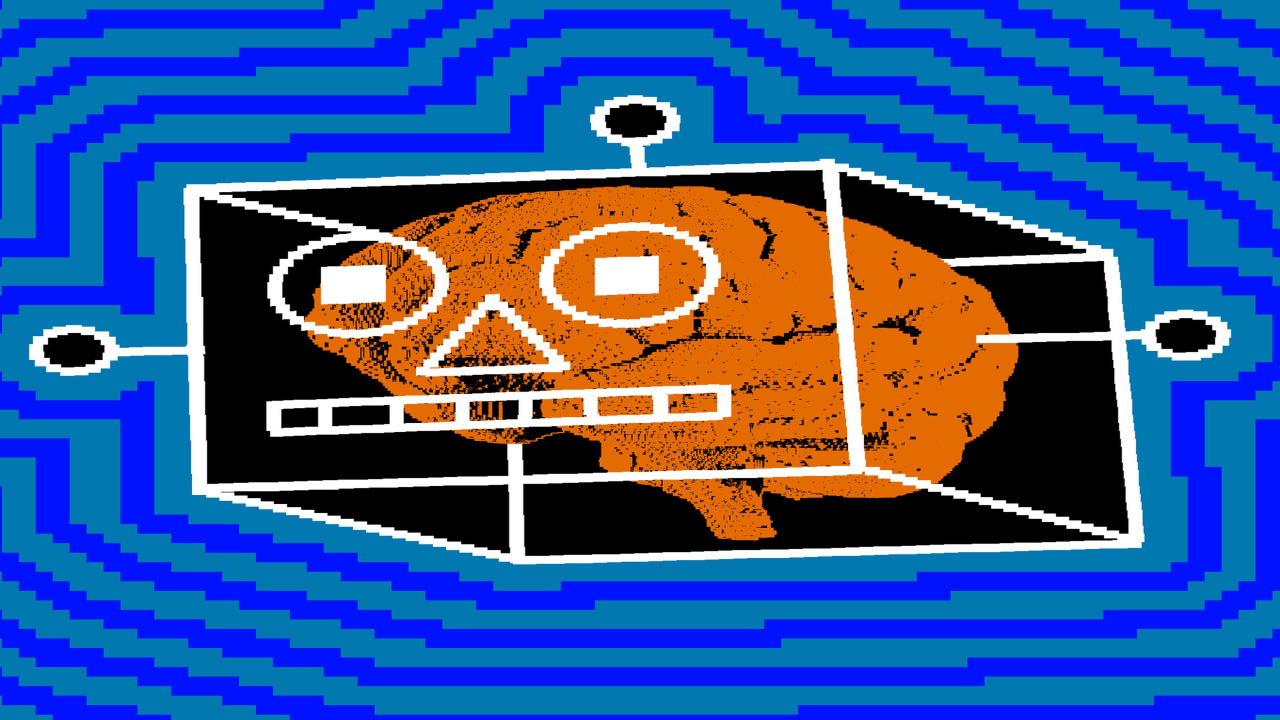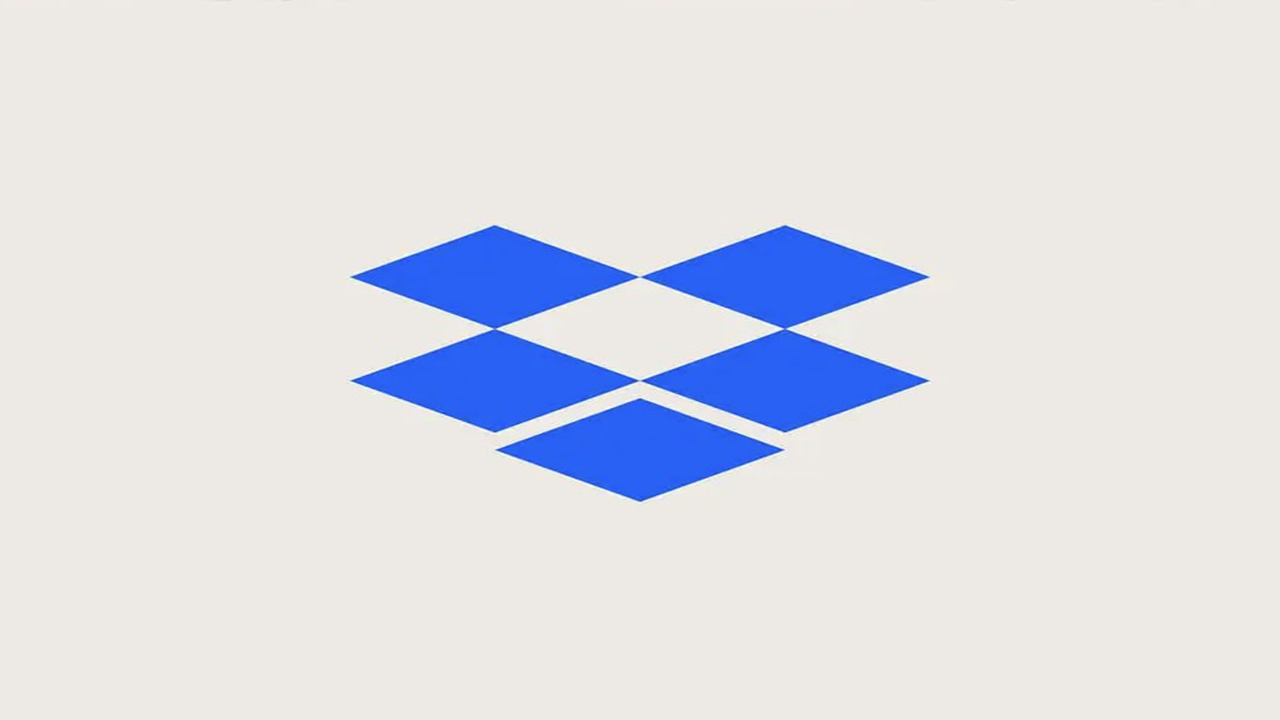Google's New AI Agent SIMA: Revolutionizing Video Game Experience
Revolutionize your video game experience with Google's new AI agent, SIMA. Discover how SIMA is trained to play games like a human, bringing a new level of immersion and interaction. Explore its capabilities and potential impact on the gaming industry.

Google DeepMind has introduced a groundbreaking AI agent named SIMA, designed to transform the way we play video games. Unlike traditional AI opponents that aim to win, SIMA is trained to play games like a human, creating a more immersive and engaging experience.
SIMA, which stands for Scalable, Instructable, Multiworld Agent, is currently in the research phase. Its ultimate goal is to learn how to play any video game, including open-world games with no linear path to completion. Although not intended to replace existing game AI, SIMA acts as another player that seamlessly integrates with your party, enhancing cooperative gameplay.
With a unique blend of natural language instruction, 3D world understanding, and image recognition, SIMA brings a new level of interaction to gaming. According to Tim Harley, a researcher and co-lead of SIMA at Google DeepMind, "SIMA isn't trained to win a game; it's trained to run it and do what it's told."
To develop and test SIMA, Google collaborated with eight game developers, including Hello Games, Embracer, Tuxedo Labs, and Coffee Stain. Games such as No Man's Sky, Teardown, Valheim, and Goat Simulator 3 were used to train the AI agent. The selection of games focused on open play rather than narrative, allowing SIMA to acquire general gaming skills and embrace spontaneity.
The training process involved creating a new environment in the Unity engine, where agents were required to create sculptures to test their understanding of object manipulation. Language instructions were captured by recording pairs of human players, one controlling the game and the other providing instructions. These instructions, combined with independent gameplay footage, were fed to the SIMA agents to teach them to predict and respond to in-game events.
Currently, SIMA possesses approximately 600 basic skills, including turning left, climbing ladders, and using in-game menus. However, Google DeepMind envisions a future in which SIMA can perform more complex functions within a game, such as finding resources and building camps. Despite these advancements, AI agents still face challenges in performing actions on behalf of human players.
SIMA is not designed to be an AI-powered non-player character (NPC) like those developed by Nvidia and Convai. Instead, it acts as another player in the game, actively influencing the outcome. According to Frederic Besse, co-lead of the SIMA project, the potential uses of AI agents like SIMA in gaming extend beyond the research sphere, although specific applications are yet to be determined.
While SIMA's current focus is on gameplay, there is potential for it to develop communication skills in the future. However, it is still in the early stages of learning how to play games and adapt to unfamiliar titles. As AI models continue to advance, SIMA may evolve to perform more complex tasks, becoming the perfect AI party member to guide players towards victory.
In conclusion, Google's new AI agent, SIMA, is set to revolutionize the gaming experience. By learning to play games like a human and integrating seamlessly with players, SIMA brings a new level of immersion and interaction to the gaming world. With its unique capabilities and potential for growth, SIMA represents a significant milestone in the development of AI in gaming.
What's Your Reaction?





















